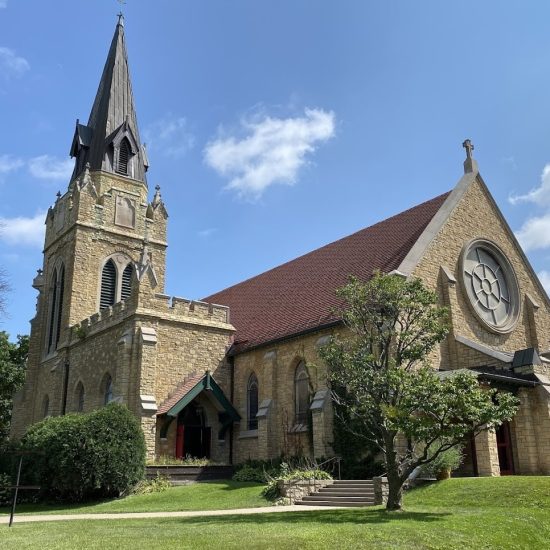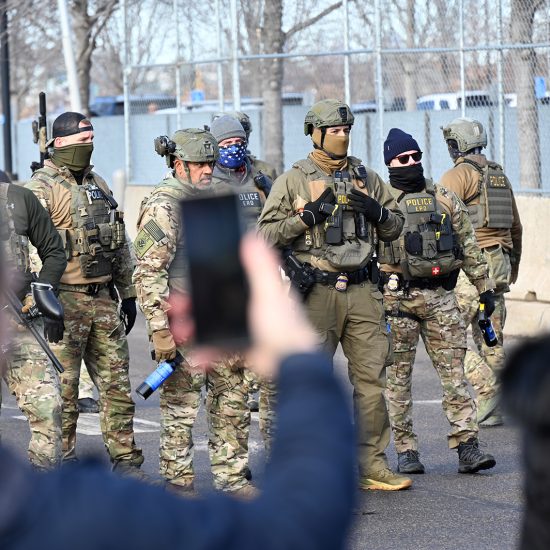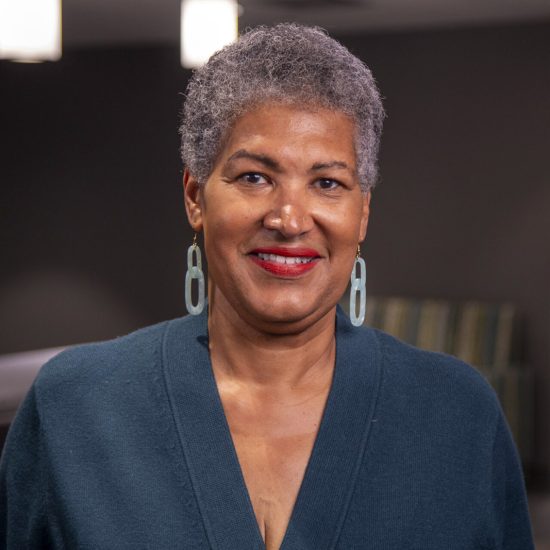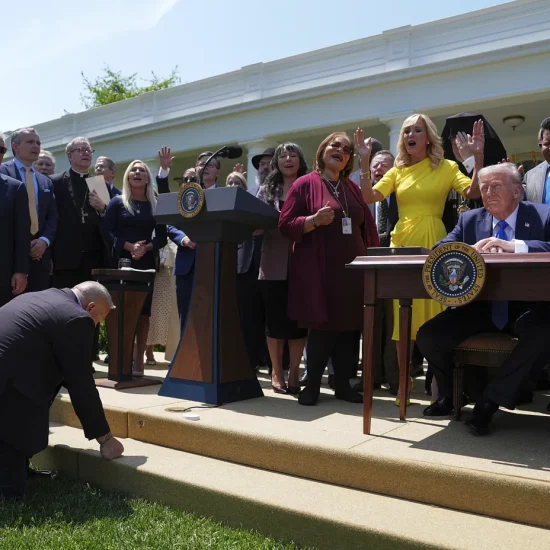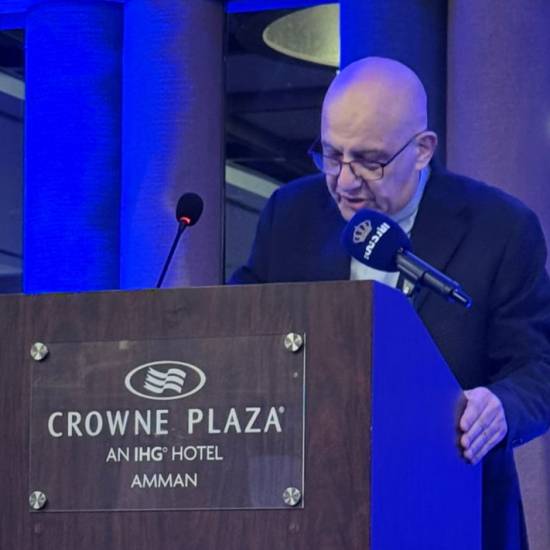ORLANDO, Fla. (ABP) – The Southern Baptist Convention voted overwhelmingly June 15 to accept recommendations of a task force appointed last year to rally fragmented factions in the nation’s second-largest religious body around the “Great Commission,” Jesus’ command in the New Testament book of Matthew to make disciples in all nations.
This year’s convention in Orlando, Fla., voted by an estimated 3-1 majority to affirm recommendations of a 23-member Great Commission Task Force appointed last year by SBC President Johnny Hunt. The group, authorized by vote of the convention in 2009, was assigned to find ways for Southern Baptists to “work more faithfully and effectively together in serving Christ through the Great Commission.”

Great Commission Task Force Chairman Ronnie Floyd addresses media in Orlando, Fla.
|
The recommendations, which now will be referred to various SBC boards of trustees for implementation, could have far-reaching effects. They include:
-Establishing a new category of Great Commission Giving that celebrates both funds given through the Cooperative Program unified budget and designated gifts to specific Southern Baptist causes.
-Phasing out cooperative agreements between Baptist state conventions and the North American Mission Board to give NAMB a higher profile in church-planting efforts nationwide.
-Revising the ministry assignment of the International Mission Board to allow missionaries specializing in certain people groups to minister to those groups within U.S. borders as well as abroad.
-Transferring assignments of stewardship and Cooperative Program promotion from the SBC Executive Committee to the state conventions.
-Increasing the International Mission Board’s allocation of the Cooperative Program from 50 percent to 51 percent, while reducing the Executive Committee’s allocation by 1 percent, about 30 percent of the Executive Committee budget.
The task force was formed in response to downward trends including reduced baptism statistics, declining revenue and differing ministry philosophies among Southern Baptists formerly united around the cause of biblical inerrancy during the moderate/conservative SBC controversy of the latter part of the 20th century.
It also turned out to be one of the most divisive issues to face the convention since the end of the long-running holy war termed by the victors the “conservative resurgence.” That movement purged the denomination’s bureaucracy of so-called “liberals” now identified in non-fundamentalist breakaway organizations like the Cooperative Baptist Fellowship and Alliance of Baptists.
Morris Chapman, president and CEO of the SBC Executive Committee, publicly opposed the report. He said elevating the status of designated gifts would weaken the Cooperative Program and that the massive budget cut would hamstring vital functions of the Executive Committee. Chapman said the Great Commission cannot be advanced by redistributing funds but only in renewal among the convention’s churches.
“The recommendations are about moving the chairs on the deck of the Titanic while the ship goes down into an icy, watery grave,” Chapman said in his final report to the convention as head of the Executive Committee prior to the vote. Chapman retires Sept. 30 after 18 years at the helm of the body that facilitates work like disbursing funds and recommending a budget to a convention that in theory exists only two days a year during the annual meeting.
Emotions ran just as strong on the other side.
“This task force is not coming to you and asking you to rearrange the chairs on the deck of the Titanic,” former SBC President James Merritt, pastor of Cross Pointe Church in Duluth, said during floor debate. “As a matter of fact, we haven’t even been doing that. We’ve been sitting on our deck-side lounges watching the ship sail into the iceberg of declining baptisms, diminishing missions and what has become a dead orthodoxy.”
Chapman also alluded to the fact that the entire “Great Commission Resurgence” movement began not in official channels, but with a chapel sermon a year and a half ago by Danny Akin, president of Southeastern Baptist Theological Seminary.
“A resurgency is not born because it is shouted down from the steeple of a seminary chapel,” Chapman said.
Ronnie Floyd, chairman of the Great Commission Task Force, later told reporters he doubted the passionate debate would result in lingering hard feelings.
“Dr. Chapman, we love and he loves us,” said Floyd, senior pastor of the First Baptist Church of Springdale, Ark. “I served on Dr. Chapman’s Executive Committee. I was on the search committee that called him to the Executive Committee. I was on the restructuring committee with him.”
“Dr. Chapman is a great Baptist,” Floyd said. “When Baptists have spoken, Baptists get their lives in line and their hearts and their opinions, and I believe Dr. Chapman will do that. We love Morris. We thank God for the time he has given to the Executive Committee.”
Akin told reporters he was “very grateful” about the outcome. He said he had no idea his message would lead to anything, but before delivering it he had recently traveled abroad, had two sons serving overseas among Muslims and had come to grips with “the massive lostness of the world.”
“I just could not rest in my soul that we were doing all we should be doing,” Akin said.
Akin said he believes the conversation started by his message has been healthy.
“I know it has energized the younger generation, and that is a good thing,” Akin said. “This younger generation needs the wisdom, the maturity and the experience of their grandfathers and fathers. I think they are making progress in that area. At the same time, we need the passion, the energy and the new ideas of the younger generation. The day of methodological consensus is gone. It is gone, and it is not coming back. But can we unite around an infallible and inerrant Bible as expressed theologically in our Baptist Faith and Message 2000? Can we unite around grass-root church planting in North America?
“Can we unite in an aggressive planned program to get the gospel to every person on the planet? Yes. We can come together around those three things and do some other things differently but be united around those particular things. I think we’re seeing that begin to happen.”
Bob Allen is senior writer for Associated Baptist Press.

